Natural deodorants (that actually work)
Natural deodorants haven’t always had the best reputation in terms of efficacy, but science-led formulas are changing things; the global market for them is expected to grow at a rate of 15 per cent over the next five years, and is forecast to be worth $152mn by 2026.
But what does “natural deodorant” mean? Plant-based ingredients are key, says Matt Kennedy, co-founder of British deodorant brand Fussy. Deodorants support the naturally detoxifying and body-temperature-regulating process of sweating, so their aim is to combat bad-smelling bacteria – unlike antiperspirants, which use aluminium chloride salts to block sweat glands.
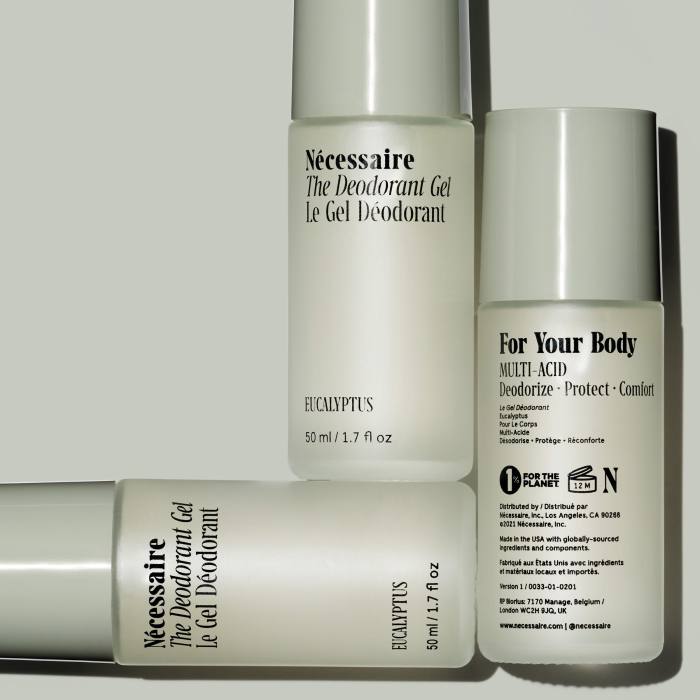
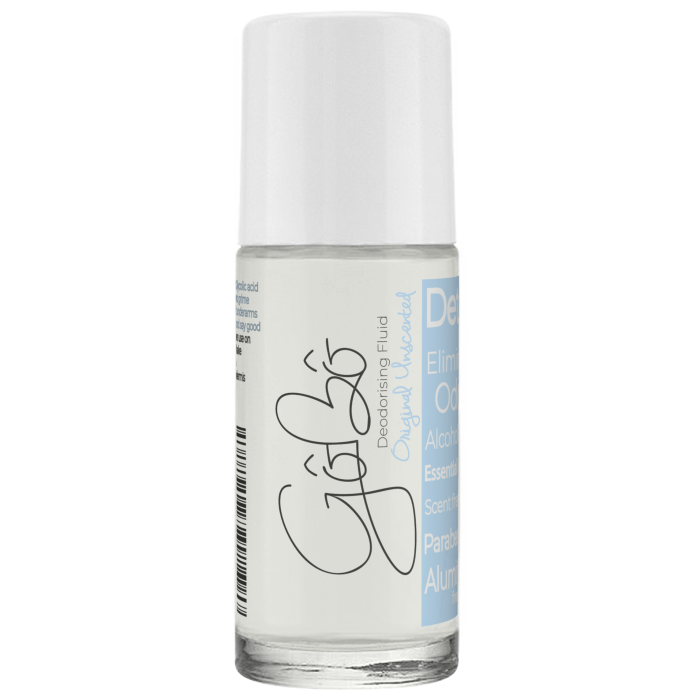
GoBo deodorant, £9.99
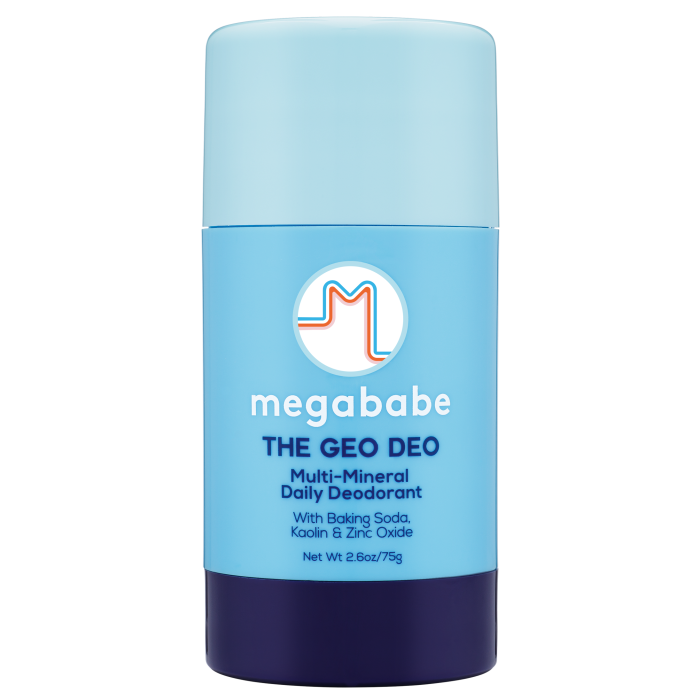
Megababe The Geo Deo, $14
US brand Megababe harnesses the power of probiotics to regulate the skin’s microbiome. The multi-mineral The Geo Duo ($14) is a vegan stick that uses lactobacillus ferment, commonly found in yoghurt, to stimulate skin’s good microbes.
Nécessaire’s gel ($15) and GoBo (£9.99) are roll-on deodorants that call into action alpha hydroxy acids (AHAs), which decrease the pH of skin, and make armpits an inhospitable environment for bacteria. They don’t leave marks and are super-powerful. AHAs can cause irritation to sensitive skin so Kopari’s baking-soda-free deodorant ($16) is a soothing alternative.
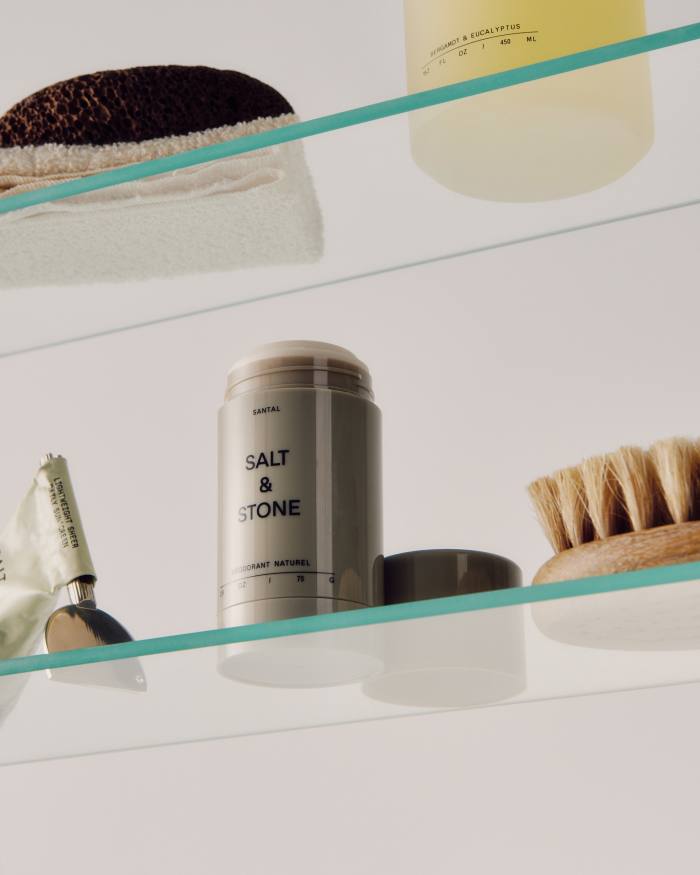
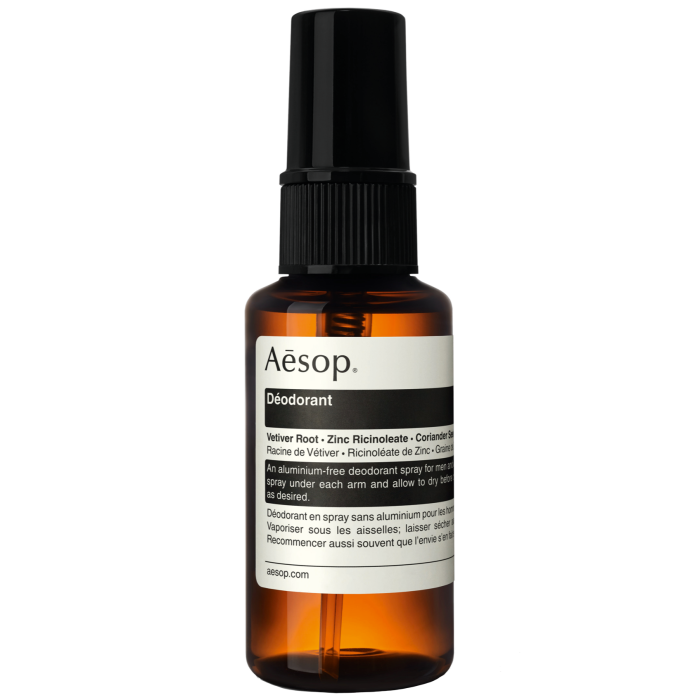
Aesop deodorant spray, £25 for 50ml
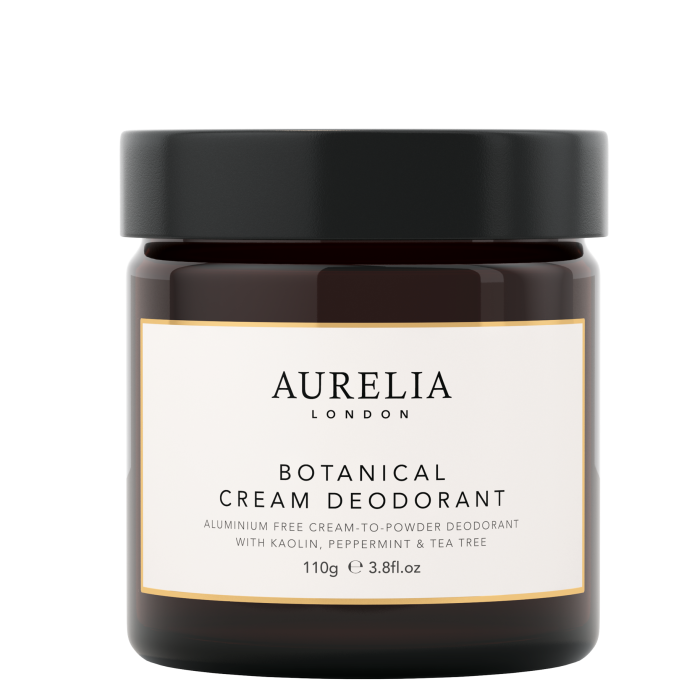
Aurelia botanical cream deodorant, £19
I’ve also found some great balms and sprays including Ursa Major’s Sublime Sage spray ($20), and Aesop’s earthy and spicy unisex deodorant (£25). Pastes might seem a bit messy, but they often have nifty application devices. AKT has created a solid-brass tool for its unisex balm (£19) with arrowroot, which comes in a toothpaste-like metal tube. Mio’s Pit Proof (£12) in eucalyptus and Siberian pine is applied through slits at the top, and Aurelia’s tea tree, eucalyptus and peppermint cream comes in a glass jar (£19).
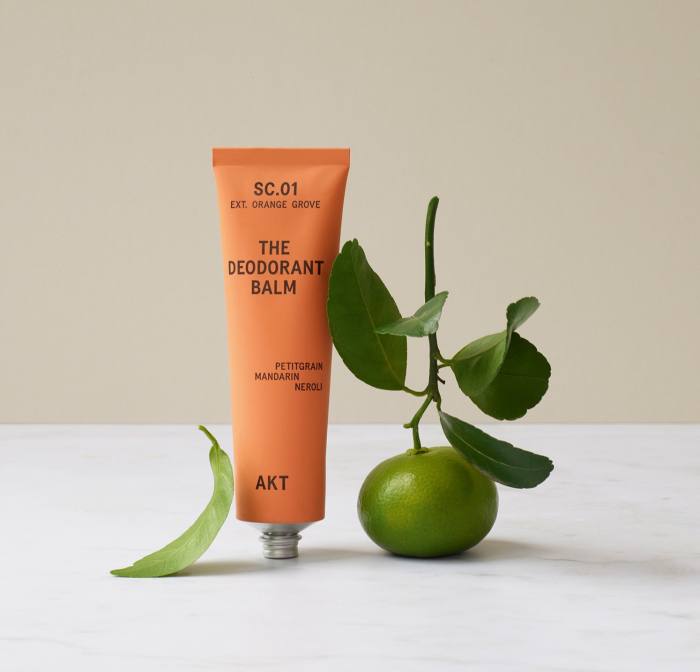
Salt & Stone upcycles ocean plastics for its containers. Its extra-strength Santal deodorant ($20) includes antioxidant-rich seaweed extracts, and its notes of Australian sandalwood, cedar and cardamom mean it could almost double up as a fragrance. Elsa’s uses compostable tubes made from recycled paper – the Ocean stick deodorant (£18) has a long-lasting peppermint aroma. Fussy goes one step further: certified carbon-neutral, the pebble-shaped case is made from recycled plastic and the compostable refills from waste sugarcane (£13 followed by a £5 refill subscription).
This story originally appeared on: Financial Times - Author:Clara Baldock

























